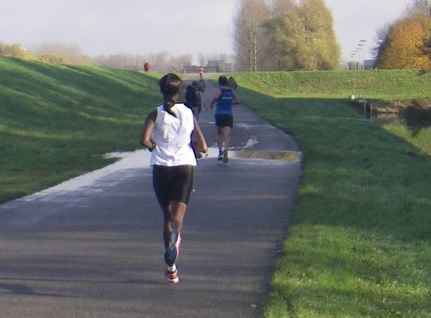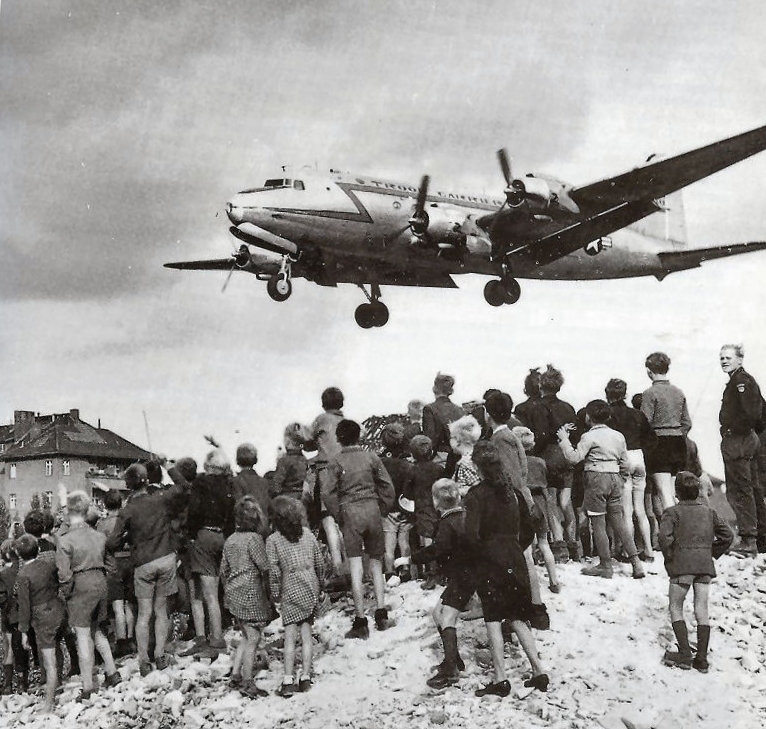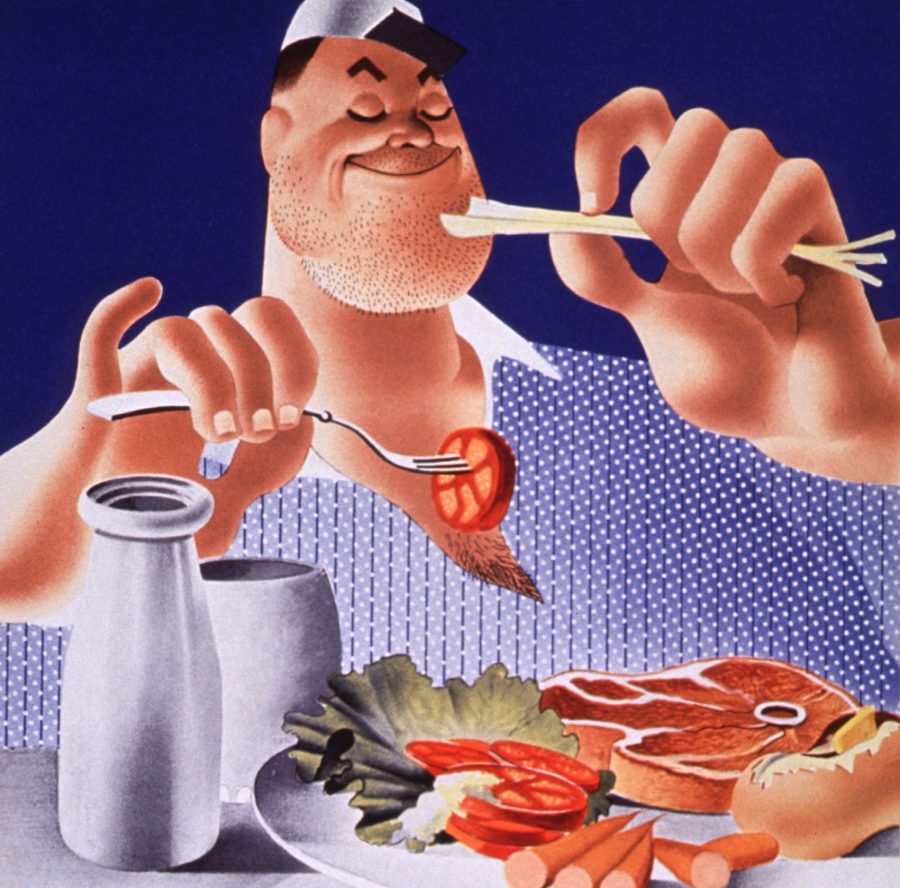A Sporting Embodiment: Black Women Run Too

“Why do they always look at me like that?” That’s what I think when I consistently see the same white men and women on the running trail in my neighborhood. My boyfriend and I recently moved to this neighborhood, motivated in part by the vast amount of running trails in the area. Granted, I see more people using the trails to walk their dogs in the morning, but I don’t mind the dogs. What I do mind are the constantly surveilling eyes that watch me as I jog over the bridge. I cannot help but think that their gaze is a response to both my being black and running on the trail. My blackness may be disrupting their racially homogenous…



